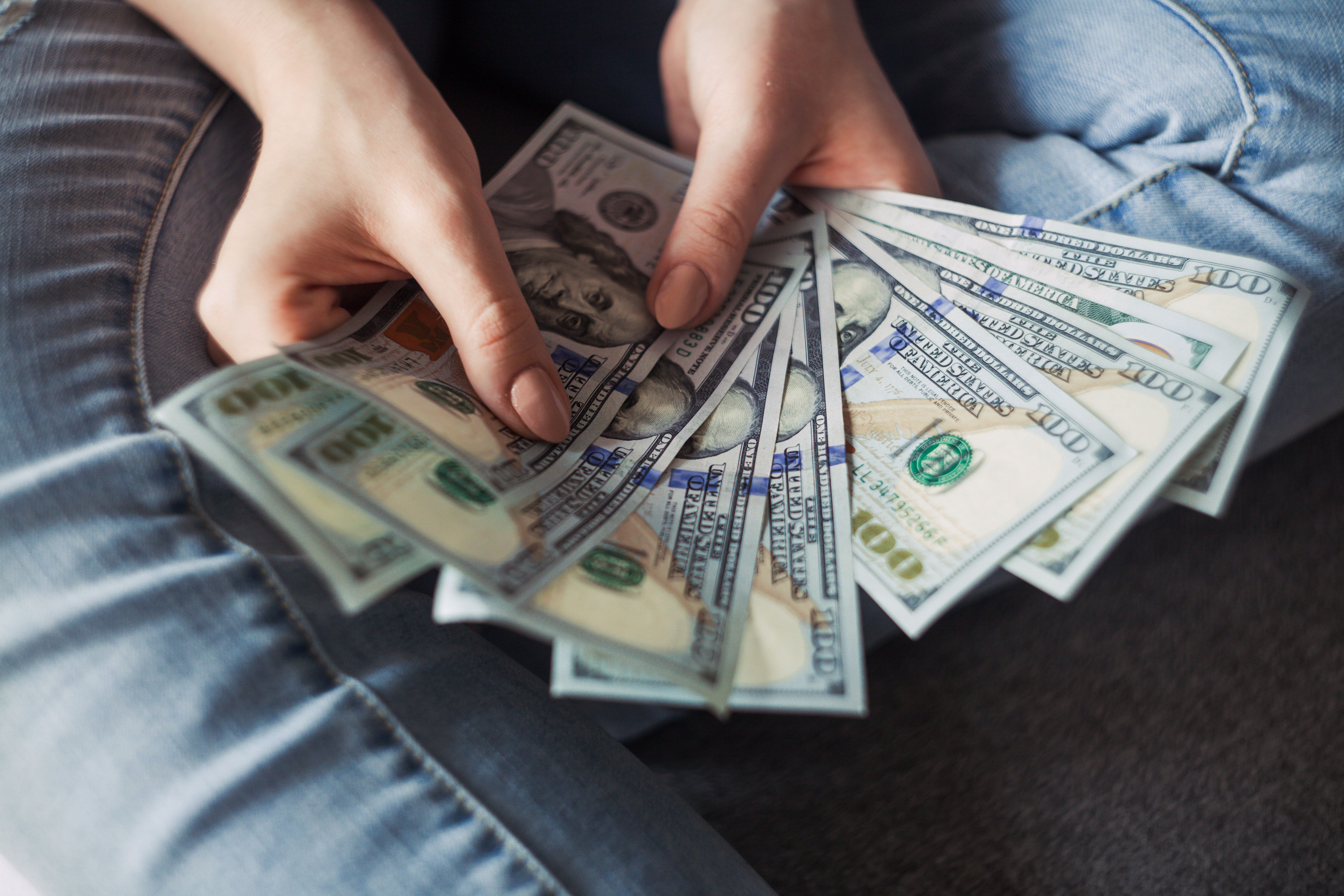4 BULLETPROOF WAYS TO SELL YOUR HOME FOR MORE (TOP DOLLAR) IN LA
March 4, 2020 How would you feel if you sold your home before noon tomorrow for an extra $20,500 or more? Exactly! For some reason, the words – more value – bring a lot of buoyancy and enthusiasm to the home selling process but in the end, many home sellers and agents get disappointed, and they go back to selling the home for what it’s worth, or even less, after spending so long on the market without a buyer. *Note – After a while (usually the median number of days that the average house spends on the market in that area), the longer your house stays on the market, the more increasingly difficult it becomes to sell*.
How would you feel if you sold your home before noon tomorrow for an extra $20,500 or more? Exactly! For some reason, the words – more value – bring a lot of buoyancy and enthusiasm to the home selling process but in the end, many home sellers and agents get disappointed, and they go back to selling the home for what it’s worth, or even less, after spending so long on the market without a buyer. *Note – After a while (usually the median number of days that the average house spends on the market in that area), the longer your house stays on the market, the more increasingly difficult it becomes to sell*.
The average seller wants more for his or her property but most times goes about it the wrong way, and that affects the final selling price and the time spent on the market. You simply cannot increase the asking price for your property just because you want to sell it for top dollar without considering the following tips. You should also note that these tips are not exactly the magic lantern you seek – follow them, and you will have your home sold for top dollar immediately – no! You will need to carry them out patiently but actively, and though they might not be the magic lantern, they are powerful enough to grant your wish – to effectively sell your home for more.
1. Do all you can to create a great first impression.
First impressions are the golden tickets to selling your home for top dollar, irrespective of the market, price, or economy. If you have kids, this is something you will have to deal with every time you take them to the grocery store or the Ice cream parlor. The person who sees your listing may not necessarily be the one to buy your home but is a potential mouthpiece or marketer for your home. You only have one chance to create a great first impression, don’t screw it.
2. Work on the curb appeal.
Curb appeal could have easily fallen under the first tip but it is too important to talk about passively. No matter how much we like to deny this fact, people will always judge a book by its cover. That’s just who we are. Now, how would you like your house to be perceived by guests, potential buyers, neighbors, etc.? This is very important to you because it determines the number of people that will end up checking the house, and in this case, those numbers matter a lot.
Besides that, it increases the value of the property by a measure which no one can accurately place a number on. This gives you enough room to increase the asking price, just don’t get too greedy. Some might still insist on getting the appraisal for the property value, or a professional estimation of some kind, but if the house looks like it cost more than what you’re asking, and you have a considerable number of demand and great offers, who cares about the extra price? Value is what they really want. Give them value and make some extra money for it.
You can increase the curb appeal by taking care of those small details that might not really count, like maintaining the lawn, cleaning the windows and replacing old or worn-out hardware like the doorknob, planting beautiful flowers, and emptying the waste bin regularly, etc. You may have to repaint necessary areas (with colors that complement each other) and ensure that the lighting around your curb is efficient. Invest in a major highlight for your curb, something like a special tree or a beautiful sculpture. It is eye-catching and capable of distracting the public from a fault you probably overlooked. In conclusion, make sure you do not overdo it and do it with the help of an expert if you can.
3. Home staging
This means preparing your home for sale, now we’re talking about the interior. Living in a home is totally different from preparing the home for a buyer to live in. This means setting up a home in such a way that the buyer feels comfortable living in it. Staging a home should always be done by a professional. Please, do not think you can stage a home all by yourself because living in that home for so long has made you oblivious to a few necessary changes, and you often become less aware of your possessions because you see them daily. An example would be the second socket close to the pantry that burned out 5 months ago. You should get rid of the bad smell when staging your home. The bad smell makes people uncomfortable, and you can’t want to leave a bad first impression. Also, it involves de-cluttering.
4. Take care of minor repairs
This is as important as making sure that major things are also functioning properly. Many buyers have an eye for details and they notice things rather easily, so it’s better to leave them feeling confident that they’re in safe hands than wondering what else might be broken. These things include lighting, hinges, scratches here and there, etc.